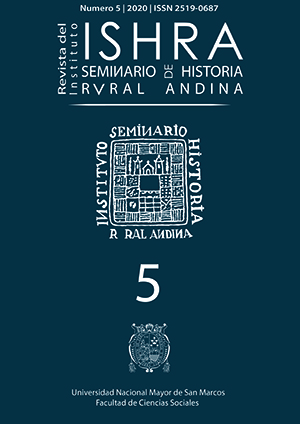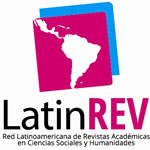The democratic experience and the Peruvian political system (1980-2020)
DOI:
https://doi.org/10.15381/ishra.v0i5.18067Keywords:
Democracy, procedure, accountability, corruption, elitesAbstract
The democratic experience in Peru requires a detailed review of the definition of democracy in practice, as well as the consequences of its use. On the one hand, there is a procedural notion that reduces democracy to compliance with electoral rules; on the other hand, there are more substantive notions that include the concepts of accountability, opposition and democratic quality, which require further expansions on the first procedural notion, used within its common sense. The Peruvian experience places democracy in a more recent historical framework (1978-1980) in which it was possible to meet a criterion of extending civil rights to a large part of the citizenship, but kept intact the problems of social inequality that turn citizens and elections into mere appearances of the values attributed to the democratic system. A second important moment took place after 2001, when the end of an authoritarian regime did not mean the elimination of corruption and conflict that are in force within today’s democracy.
Downloads
Downloads
Published
Issue
Section
License
Copyright (c) 2020 Johel Miguel Pozo Tinoco

This work is licensed under a Creative Commons Attribution-NonCommercial-ShareAlike 4.0 International License.
AUTHORS RETAIN THEIR RIGHTS:
a. Authors retain their trade mark rights and patent, and also on any process or procedure described in the article.
b. Authors retain their right to share, copy, distribute, perform and publicly communicate their article (eg, to place their article in an institutional repository or publish it in a book), with an acknowledgment of its initial publication in the ISHRA, Revista del Instituto Seminario de Historia Rural Andina.
c. Authors retain theirs right to make a subsequent publication of their work, to use the article or any part thereof (eg a compilation of his papers, lecture notes, thesis, or a book), always indicating the source of publication (the originator of the work, journal, volume, number and date).
















